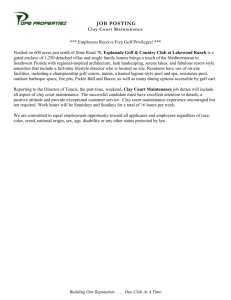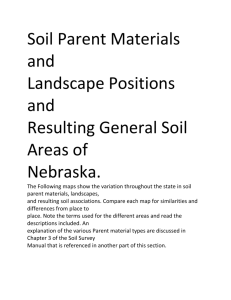Auxiliary Material readme file
advertisement
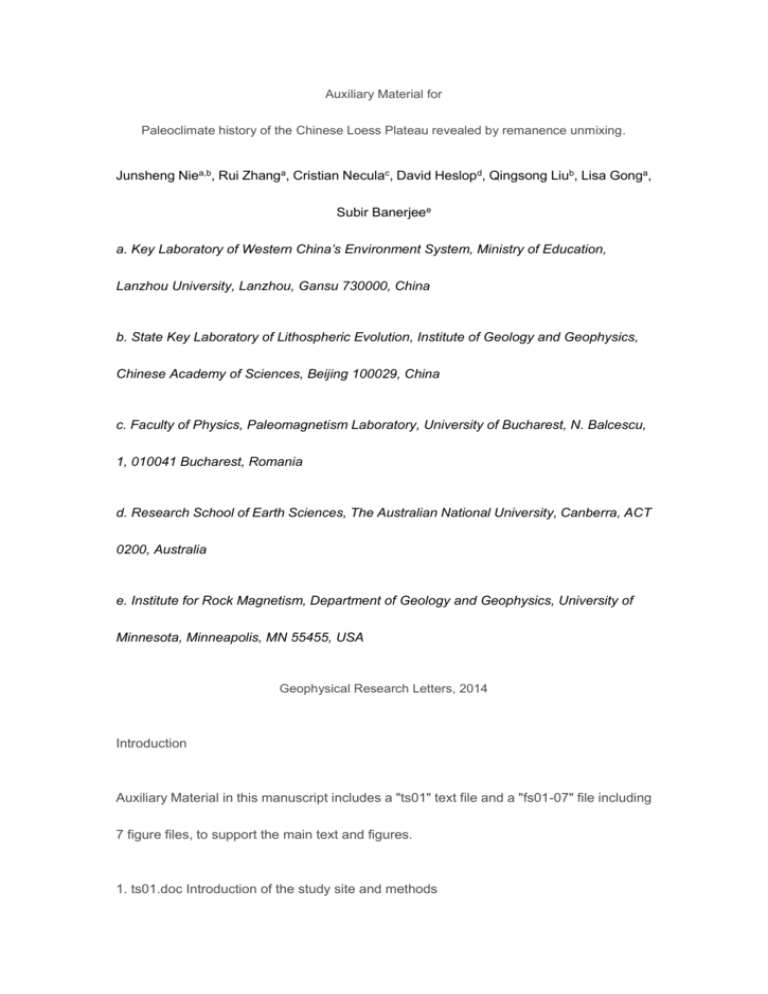
Auxiliary Material for Paleoclimate history of the Chinese Loess Plateau revealed by remanence unmixing. Junsheng Niea,b, Rui Zhanga, Cristian Neculac, David Heslopd, Qingsong Liub, Lisa Gonga, Subir Banerjeee a. Key Laboratory of Western China’s Environment System, Ministry of Education, Lanzhou University, Lanzhou, Gansu 730000, China b. State Key Laboratory of Lithospheric Evolution, Institute of Geology and Geophysics, Chinese Academy of Sciences, Beijing 100029, China c. Faculty of Physics, Paleomagnetism Laboratory, University of Bucharest, N. Balcescu, 1, 010041 Bucharest, Romania d. Research School of Earth Sciences, The Australian National University, Canberra, ACT 0200, Australia e. Institute for Rock Magnetism, Department of Geology and Geophysics, University of Minnesota, Minneapolis, MN 55455, USA Geophysical Research Letters, 2014 Introduction Auxiliary Material in this manuscript includes a "ts01" text file and a "fs01-07" file including 7 figure files, to support the main text and figures. 1. ts01.doc Introduction of the study site and methods 2. fs01-07.doc 7 figures to support the main text and figures. fs01 Loess distribution in northern China and potential sources regions and potential dust transport routes for the Chinese Loess Plateau. fs02 Comparison plots between endmember (EM) components, χ and mean grain size for Chaona loess-paleosol sequence. fs03 Comparison plots between endmember (EM) components, χ and mean grain size for Chaona red clay sequence. fs04 FORC diagrams of typical paleosol and loess samples and upper, middle and lower part of the red clay formation from Chaonan. fs05 Remanence gradient curves calculated for the three end-member model for Chaona red clay samples. fs06 Variations of magnetic susceptibility (χ) (a), EM2 component (b), EM3 component (c), mean grain size (d), EM1 component (e) and L ratio (f) of the Chaona red clay sequence. fs07 Remanence gradient curves calculated for the three end-member model for Chaona loess-paleosol and red clay samples.
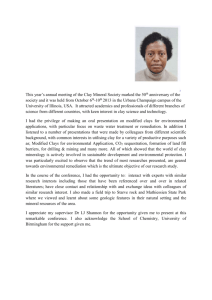

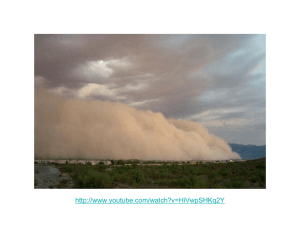
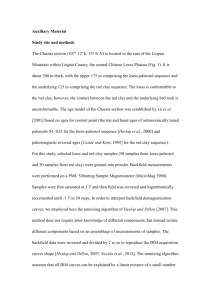
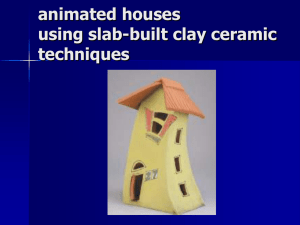

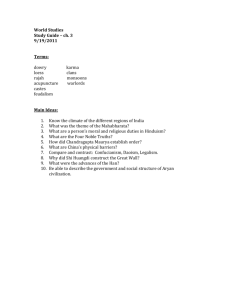
![[1.1] Prehistoric Origins Work Sheet](http://s3.studylib.net/store/data/006616577_1-747248a348beda0bf6c418ebdaed3459-300x300.png)
